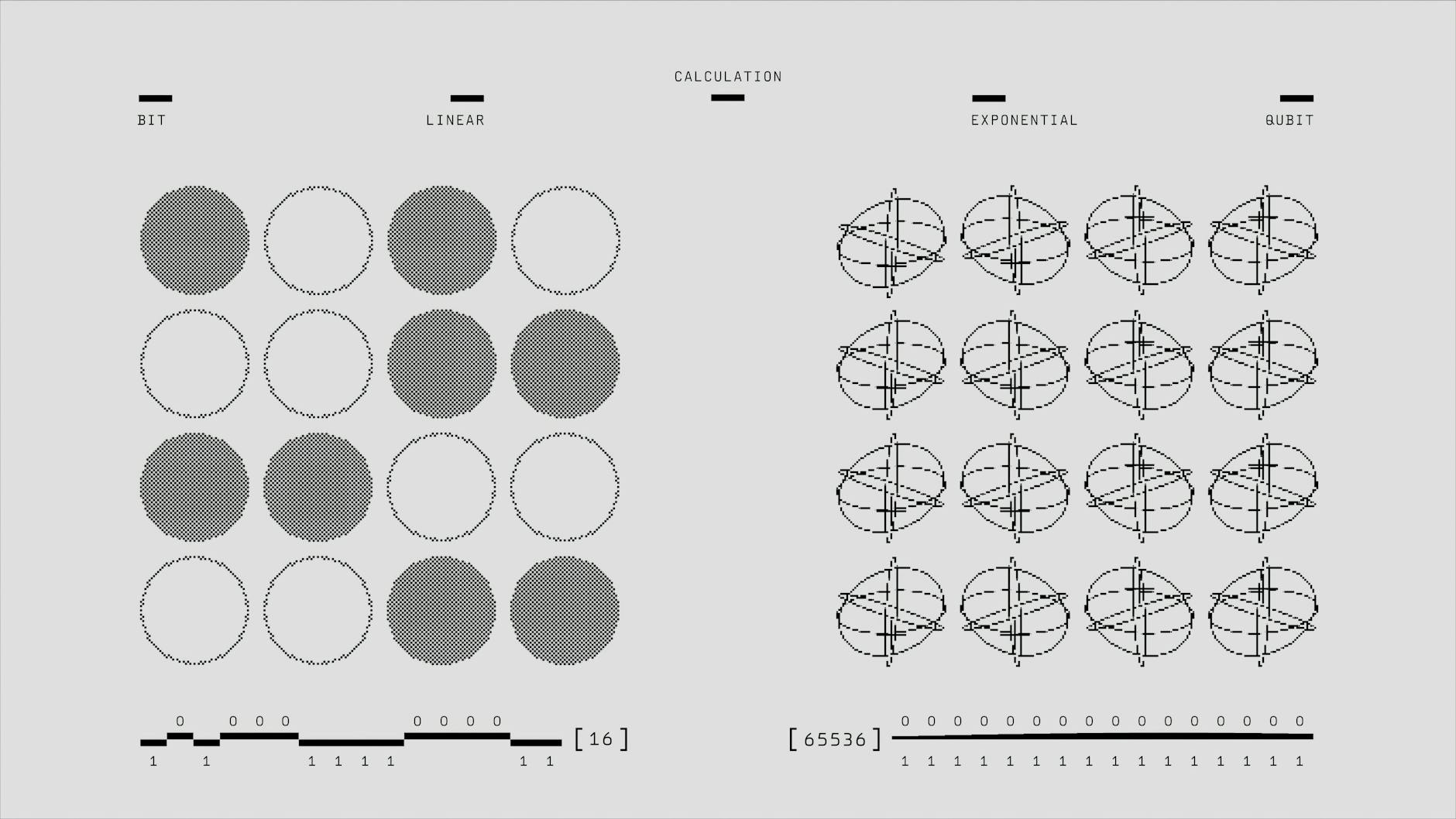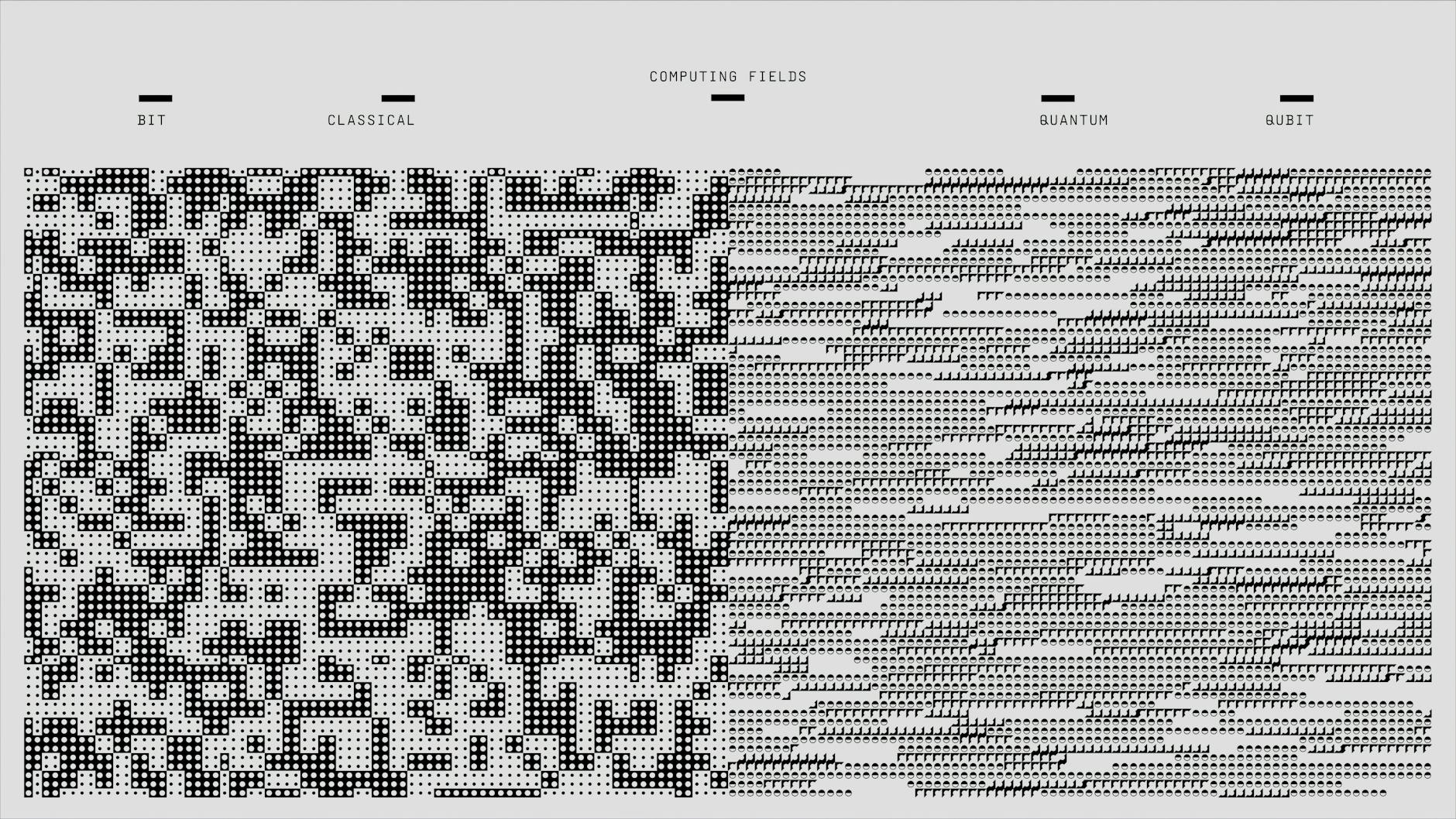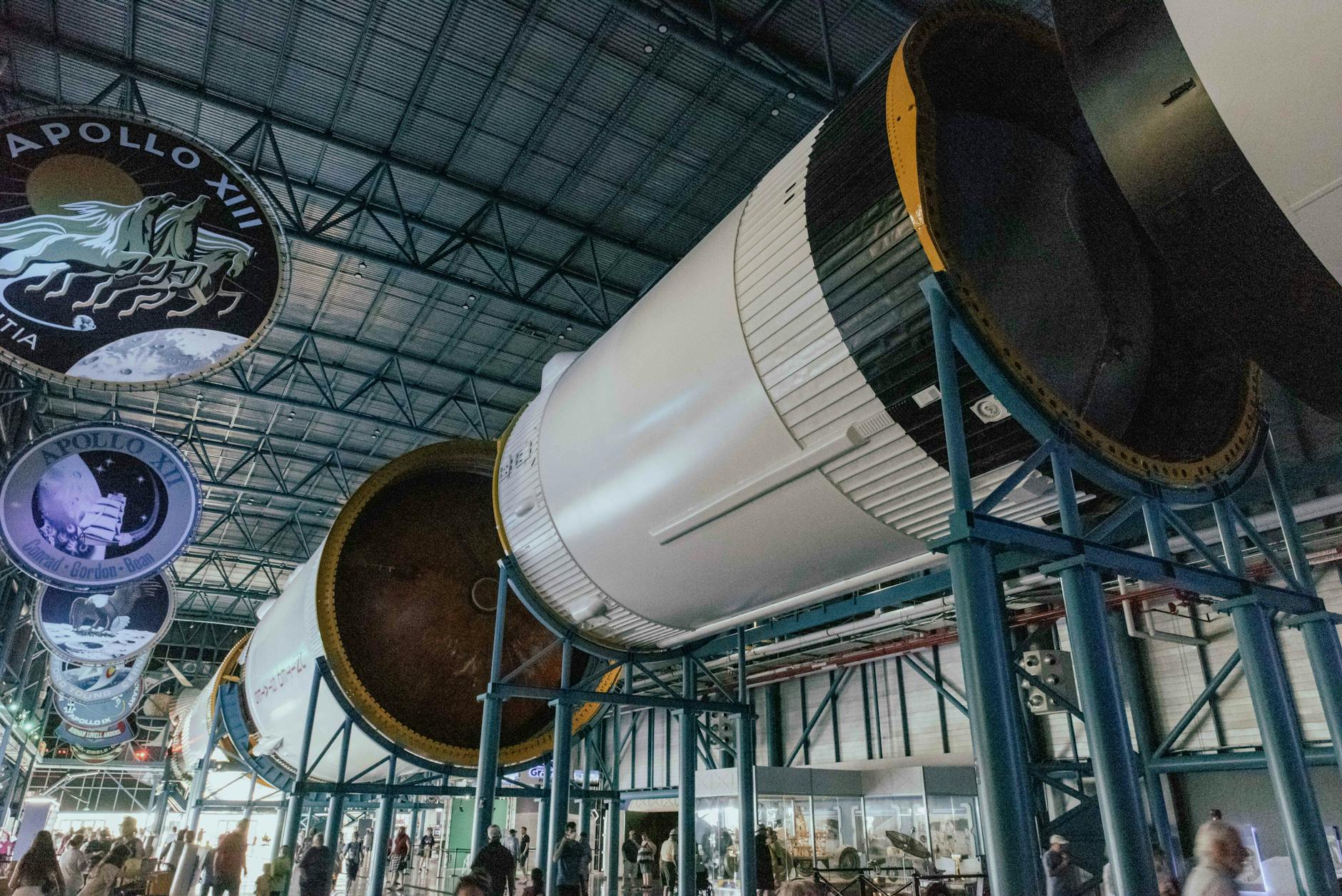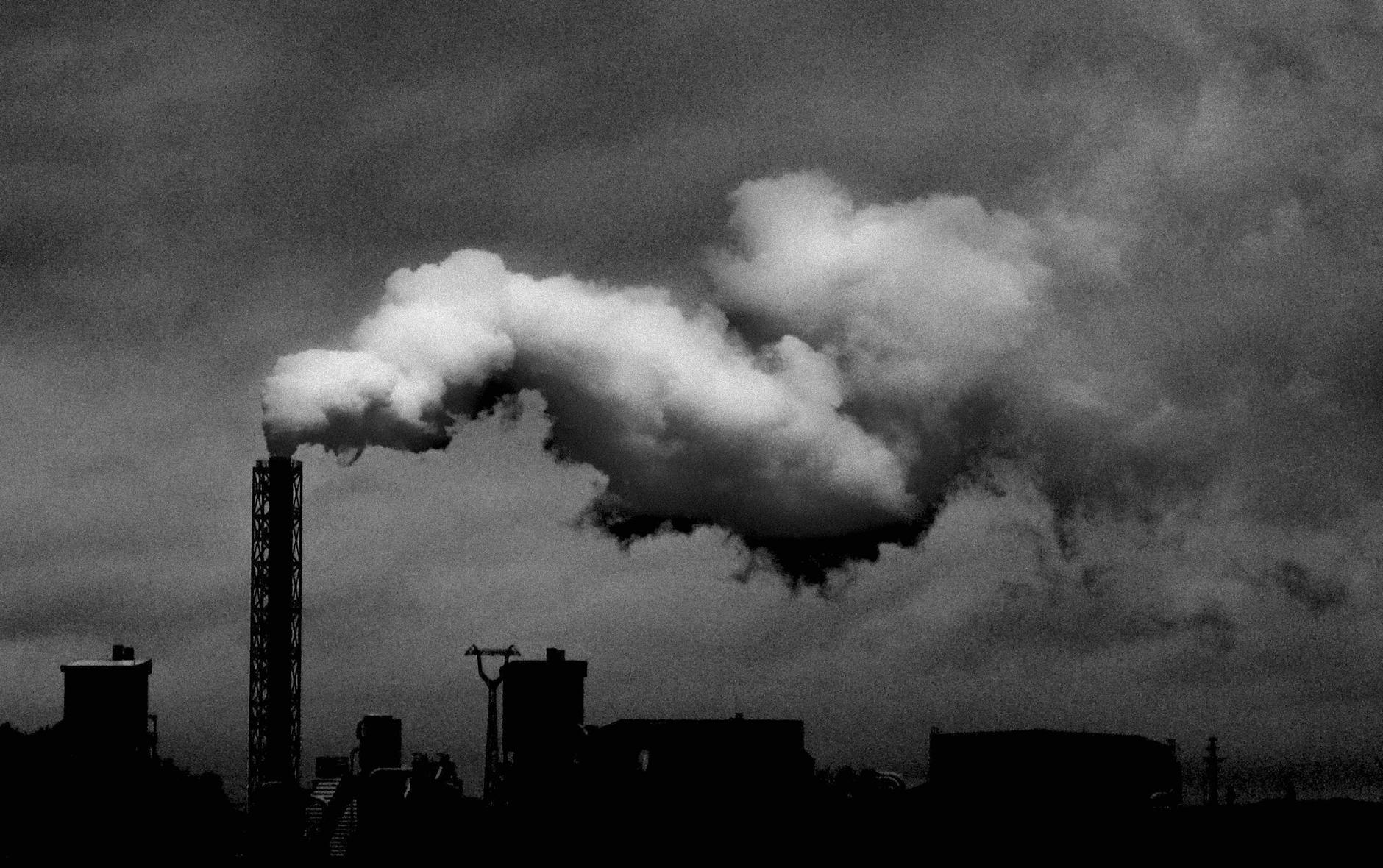Ukraine’s President Demands U.S. Action Amid Stalled Putin Talks
Zelenskyy’s Call for ‘Strong Reaction’ Highlights Diplomatic Stalemate
A Brief Introduction On The Subject Matter That Is Relevant And Engaging
Ukrainian President Volodymyr Zelenskyy has voiced his expectation for a significant response from the United States should Russian President Vladimir Putin remain unwilling to engage in a direct bilateral meeting. This statement underscores the ongoing diplomatic challenges in resolving the conflict and highlights Ukraine’s desire for robust international backing in its efforts to achieve a peaceful resolution through direct dialogue.
Background and Context To Help The Reader Understand What It Means For Who Is Affected
The ongoing conflict in Ukraine, which began with Russia’s full-scale invasion in February 2022, has had devastating consequences for millions of Ukrainians and has reshaped the geopolitical landscape. Efforts to de-escalate and find a diplomatic path forward have been largely unsuccessful, with direct negotiations between Ukrainian and Russian leadership proving elusive. President Zelenskyy has consistently advocated for direct talks with President Putin as a crucial step towards ending the hostilities. However, Russia has shown little inclination for such a meeting under current circumstances. The United States, as a key ally of Ukraine, plays a pivotal role in diplomatic efforts and in providing support to Kyiv. Zelenskyy’s call for a “strong reaction” from the U.S. suggests a desire for increased diplomatic pressure or a more assertive stance from Washington if direct engagement with Moscow continues to be blocked.
The implications of this diplomatic impasse are profound. For Ukraine, the lack of direct dialogue prolongs the suffering of its people, continues to threaten its sovereignty and territorial integrity, and hinders the potential for a negotiated peace. For the United States and its allies, it means navigating a complex and protracted crisis that impacts global security, energy markets, and international relations. The effectiveness of international pressure and sanctions on Russia’s posture remains a subject of debate, and Zelenskyy’s statement could be an attempt to galvanize a more impactful collective response.
In Depth Analysis Of The Broader Implications And Impact
President Zelenskyy’s call for a “strong reaction” from the U.S. can be interpreted through several lenses. Firstly, it reflects a strategic imperative for Ukraine to keep diplomatic avenues open and to demonstrate to its own populace and the international community that it is actively pursuing all avenues for peace. The reliance on the U.S. for such a reaction underscores the deep strategic partnership between Kyiv and Washington. It implies that Ukraine views the U.S. as the primary arbiter capable of influencing Russia’s willingness to engage in meaningful dialogue.
The phrasing “strong reaction” is intentionally open to interpretation, allowing for a range of diplomatic, economic, or political measures. It could encompass intensified sanctions, further diplomatic isolation of Russia, or a more public condemnation of its refusal to engage. However, it also carries a potential risk of escalation, as any “strong reaction” from the U.S. could be perceived by Moscow as a provocative act, leading to unpredictable consequences.
Furthermore, Zelenskyy’s statement highlights the challenges of mediating between two parties with fundamentally divergent objectives and a deep-seated lack of trust. Russia has repeatedly stated its conditions for talks, which Ukraine finds unacceptable. Ukraine, in turn, insists on the restoration of its territorial integrity as a prerequisite for any lasting peace agreement. This chasm makes direct negotiations exceedingly difficult without significant external leverage or a shift in the battlefield dynamics.
The impact of this diplomatic deadlock extends beyond the immediate conflict. It tests the resolve of international alliances and the efficacy of collective security frameworks. The ability of the U.S. and its partners to effectively pressure Russia into dialogue could set precedents for future geopolitical crises. Conversely, a failure to do so might embolden nations to disregard international norms and engage in unilateral aggression.
Key Takeaways
- Ukrainian President Zelenskyy desires direct bilateral talks with Russian President Putin.
- Zelenskyy expects a significant response from the U.S. if Putin refuses such a meeting.
- The call highlights the ongoing diplomatic challenges and the importance of U.S. support for Ukraine.
- A lack of direct dialogue prolongs the conflict and its humanitarian impact.
- The effectiveness of international pressure on Russia’s diplomatic stance remains a critical question.
What To Expect As A Result And Why It Matters
Following President Zelenskyy’s statement, it is probable that the U.S. administration will reiterate its support for Ukraine and its commitment to diplomatic solutions. Whether this translates into a specifically defined “strong reaction” remains to be seen. The U.S. is likely to continue engaging in diplomatic outreach with allies and potentially with Russia through various channels to encourage de-escalation and dialogue. The specifics of any U.S. response would depend on a complex calculus of geopolitical considerations, the current state of the conflict, and the perceived risks and benefits of various actions.
This situation matters because it directly impacts the potential for peace in Ukraine and the broader stability of international relations. A refusal by Putin to engage in direct talks, coupled with a perceived lack of a sufficiently strong international response, could embolden Russia and prolong the conflict. Conversely, a decisive and well-coordinated international effort could create an environment more conducive to meaningful negotiations. The U.S. response, whatever it may be, will be closely watched by other global actors and will inform future diplomatic strategies in managing international conflicts.
Advice and Alerts
For individuals seeking to stay informed about this evolving situation, it is advisable to consult a variety of reputable news sources that offer diverse perspectives. Following official statements from the Ukrainian and U.S. governments, as well as analyses from international relations experts, can provide a comprehensive understanding. Be aware of potential disinformation campaigns that may seek to misrepresent the situation or the motivations of the parties involved. The humanitarian situation in Ukraine remains critical, and support for aid organizations working on the ground is always a pertinent consideration.
Annotations Featuring Links To Various Official References Regarding The Information Provided
For further information and official statements regarding the ongoing conflict and diplomatic efforts, please refer to the following resources:
- Official Website of the President of Ukraine – For statements and updates directly from the Ukrainian presidency.
- United States Department of State – For official U.S. government positions and diplomatic initiatives.
- United Nations – For information on UN-led peace efforts and humanitarian concerns.
- North Atlantic Treaty Organization (NATO) – For information on NATO’s response and stance on the conflict.


























